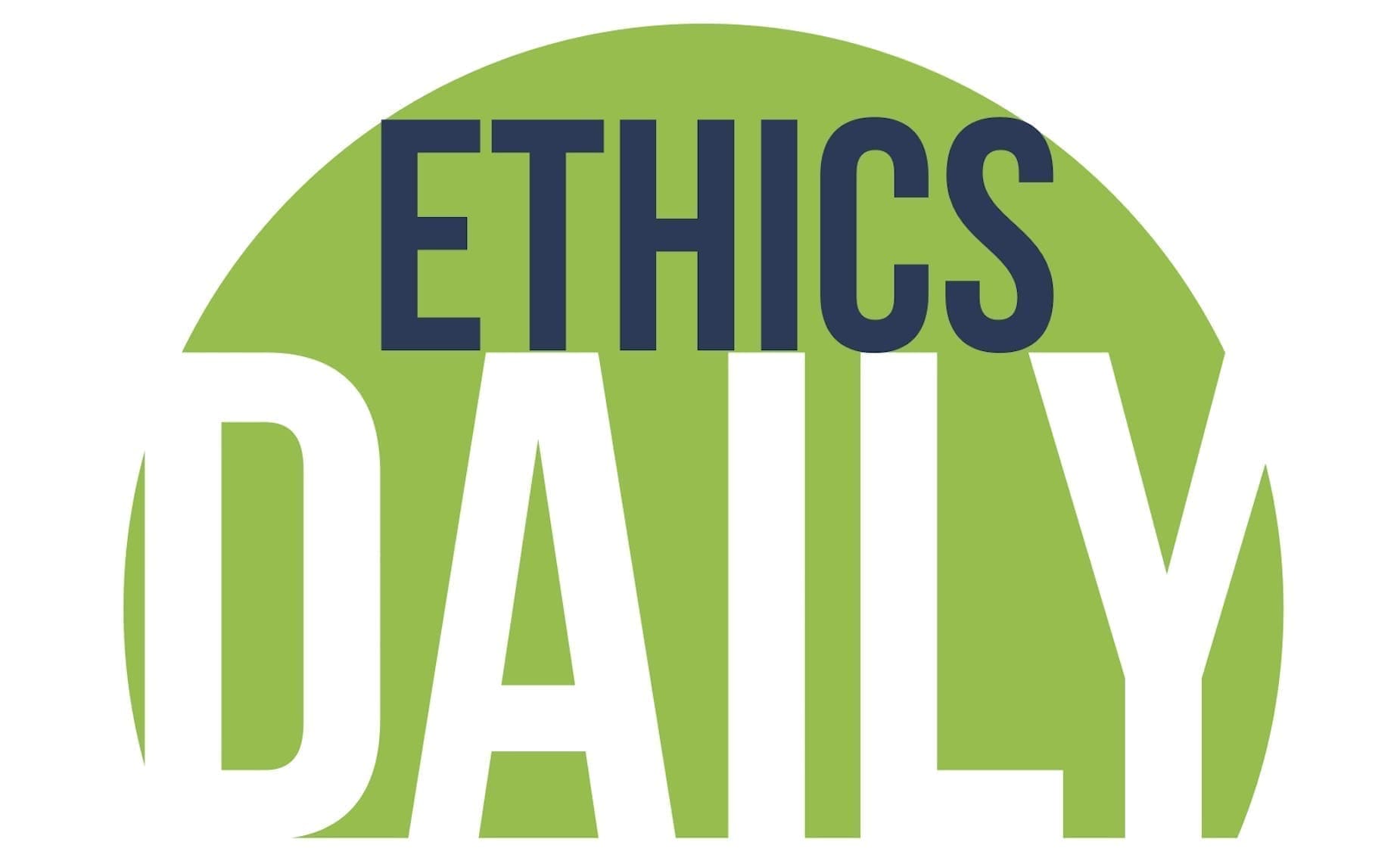South Sudan found itself on the brink of civil war on Thursday, July 7 – two days before the fifth anniversary of the nation’s independence.
A new round of fighting broke out in the capital city of Juba between Sudan People’s Liberation Army/Movement (SPLA/M), which supports President Salva Kiir, and the SPLM In Opposition (SPLM-IO), which supports Vice President Riek Machar.
Thousands of civilians in Juba were forced to flee their homes for the relative safety of U.N. compounds and other sites.
This increases the number of internally displaced persons (IDPs) currently in U.N. compounds to nearly 170,000 nationwide, with 40,000 in Juba alone.
Churches also are providing a safe haven. The U.N. reports that “an estimated 83,000 people are now seeking refuge in churches, schools, and outside the peacekeeping base of the United Nations Mission in South Sudan (UNMISS).”
The Anglican Church of South Sudan has four churches providing refuge to IDPs, Anglican News Service reported.
“Around 1,000 people are taking shelter in All Saints’ Cathedral” in Juba, while an estimated 15,000 IDPs have found sanctuary in Anglican churches nationwide.
“The whole situation was very bad and sad,” Edward Dima, pastor of First Baptist Church in Kajo Keji, South Sudan, which is now hosting around 500 IDPs, told EthicsDaily.com. “Many people were trap[ped] in houses without food, shelter, water, medicine. Some areas witnessed brutal killing, looting, even rape cases. It was such a painful stor[y]. … We cried unceasing tears.”
He added: “Dead bodies were filed up in Juba Teaching Hospital and bodies were seen everywhere on the streets in Juba.”
The World Health Organization (WHO) said “over 35 trauma injuries including three pregnant women have been recorded [in the U.N. Juba Protection of Civilians site], and an estimated 150 causalities recorded in Juba Teaching Hospital.”
Dima first spoke with EthicsDaily.com in 2015 at the Baptist World Alliance’s 2015 World Congress in Durban. He provided an overview of the nation’s history and the Baptist work and witness there.
A two-decade civil war in Sudan ended in 2005, and a 2011 referendum resulted in South Sudan becoming an independent nation.
Two years later, a civil war broke out that ended with a tenuous peace treaty signed in August 2015, which has been strained by intermittent conflict, including this recent clash in Juba.
Calm returned to Juba on July 11 with another ceasefire agreement between President Kiir and Vice President Machar.
“Thank God that calm has returned back to Juba, and our pastors in Juba survived after three days of suffering there without help,” Dima said. “Thank God that Pastor Eli Sworo, a Nigerian missionary, Pastor Yakub and Pastor Philip Kour, and Ayom are safe including some few friends and church members and families in Juba.”
IDPs receiving humanitarian aid from First Baptist Church Kajo Keji “includes children, women, elderly and widows,” Dima explained. “We are providing the [IDPs] one meal a day. Please continue to pray for our situation, and pray for support and wise leadership of the Baptist convention.”
Editor’s note: Articles related to South Sudan can be found here. Pictures from South Sudan provided by Dima are available here. A 2015 EthicsDaily.com video interview with Dima can be viewed here.

